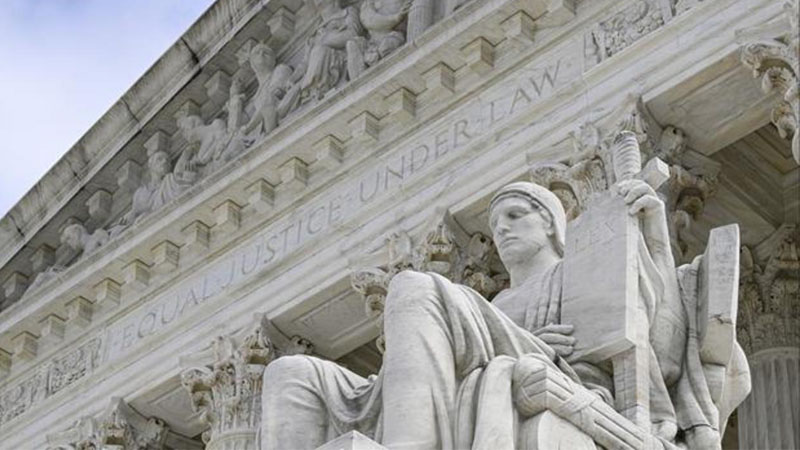The Supreme Court is poised to delve into a series of cases that grapple with the intersection of free speech and social media during this term. Among the cases under consideration are two involving public officials who blocked followers on social platforms, sparking debates on First Amendment rights in the digital age.
These cases, one originating in California and the other in Michigan, mark the beginning of several that the Supreme Court will review this term, all of which examine the application of the First Amendment’s free speech protections in the era of social media. Other cases on the docket include challenges to the constitutionality of laws in Texas and Florida that introduce new regulations on content moderation policies, as well as a challenge to the Biden administration’s efforts to combat online misinformation.
The two cases scheduled for Tuesday involve a current and a former member of the Poway Unified School District Board of Education in San Diego, California, and the city manager of Port Huron, Michigan. In both instances, these public officials blocked followers who posted critical comments and subsequently faced lawsuits from these individuals.
In the California case, a federal appeals court ruled in favor of the blocked followers. Conversely, the Michigan case resulted in the opposite outcome, with a federal appeals court favoring the city manager.
As reported by AP News, The pivotal question in both cases revolves around whether blocking a follower on social media constitutes a government action when carried out by a public official. If it does, then the protections of the First Amendment come into play.
Katie Fallow, senior counsel at the Knight First Amendment Institute, emphasized the real-world impact of these cases, stating that they have significant implications for free speech, public discourse, and the ability to engage in participatory democracy. The Knight Institute previously brought a case against former President Donald Trump on behalf of Twitter users who were blocked from interacting with his account. A federal appeals court ruled that Trump’s actions were unconstitutional, but the Supreme Court dismissed the case after he left office.
Follow highlighted that while the Supreme Court has agreed to examine whether officials’ conduct qualifies as government action, the underlying issue in these cases pertains to whether public officials, when using their social media accounts, have the authority to discriminate against individuals based on their viewpoints by blocking them or deleting their comments.
The first case involves Michelle O’Connor-Ratcliff, the current vice president of the Poway Unified School District Board of Education, and T.J. Zane, a former board member. During their respective campaigns for positions on the school board in 2014, both created public Facebook pages, and O’Connor-Ratcliff also had a public Twitter page.
Christopher and Kimberly Garnier, residents of San Diego County with children in the school district, frequently engaged with the board members’ social media accounts. They often left repetitive and non-responsive comments on their Facebook posts and tweets. In response, O’Connor-Ratcliff and Zane blocked the Garniers from their social media accounts, leading the couple to file a lawsuit. The Garniers argued that the board members’ actions violated their First Amendment rights, as they believed social media to be public spaces.
A federal district court ruled in favor of the Garniers, determining that O’Connor-Ratcliff and Zane’s actions constituted state action. The court found that the board members had “imbued [their social media pages] with the trappings of [their] office” by identifying themselves as government officials, listing their positions as board members, and providing a school district email address on the page, especially in O’Connor-Ratcliff’s case.

